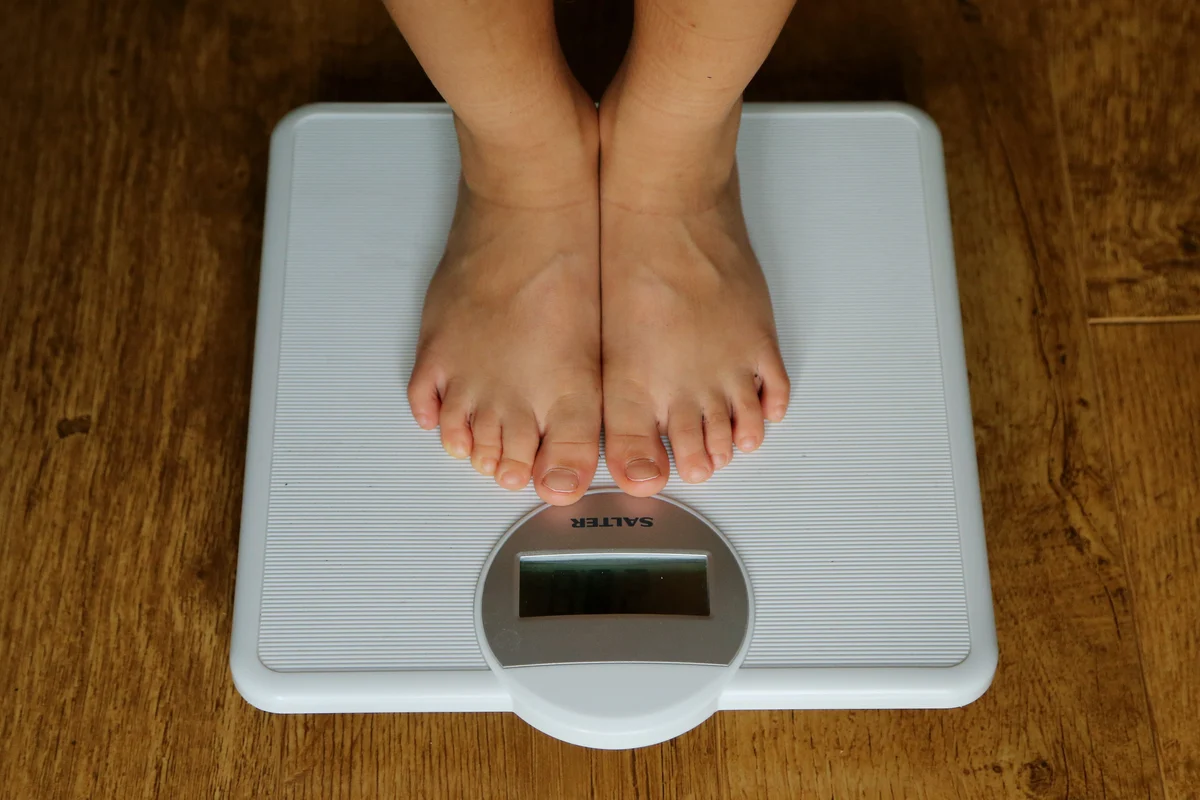By Ella Pickover
Copyright standard

A once-a-day tablet for obesity could expand the use of weight-loss drugs to many people who have struggled to access them before, experts have said, after a new study found the pill can lead to “significant” reductions in body weight.
Almost one in five people taking orforglipron can expect to lose 20% of their body weight after taking the drug for a year and a half, according to a new study.
The new pill is a GLP-1 agonist, a type of medication which helps lower blood sugar levels, slows the digestion of food and can reduce appetite.
The weight loss seen among people taking the tablet is not as stark as those among patients taking mounjaro, but experts believe the tablet will be more accessible and convenient compared with weight loss injections.
Mounjaro and the new tablet are both made by pharmaceutical giant Eli Lilly.
The company has said it expects substantial demand when the new pill is launched.
A snapshot of the results was published by the company in August and the full paper detailing the findings has now been published in the New England Journal of Medicine, and presented to the annual meeting of the European Association for the Study of Diabetes, in Vienna, Austria.
The study assessed 3,127 patients, who were split into groups taking different strength pills of orforglipron, while others took a placebo, also known as a dummy drug, for 72 weeks.
All of the patients had obesity, meaning they had a body mass index (BMI) score of 30 or over, but they did not have diabetes.
Patients from the US, China, Brazil, India, Japan, South Korea, Spain, Slovakia and Taiwan took part in the study.
Researchers led by Dr Sean Wharton from McMaster University in Canada, found that after 72 weeks people taking the lowest dose of orforglipron, 6mg daily tablets, lost an average of 7.5% of their body weight.
Those taking the highest dose, 36mg, lost an average of 11.2% of their body weight.
Among patients taking the highest doses, 54.6% had a reduction of 10% or more of body weight, 36.0% had a reduction of 15% or more, and 18.4% had a reduction of 20% or more.
Researchers said that other health outcomes also improved among people taking the drug, including better blood pressure, a smaller waist circumference and a reduction in bad cholesterol levels.
Some 36% of patients in the study were classed as “prediabetic” but some of these managed to reverse this throughout the study period.
They reported that the most common side effects were gastrointestinal, “which were mild to moderate”.
“In adults with obesity, 72-week treatment with orforglipron led to significantly greater reductions in body weight than placebo,” the authors wrote.
“The adverse-event profile was consistent with that of other GLP-1 receptor agonists.”
Dr Wharton said: “This could mean an expansion of obesity interventions to groups who are currently excluded due to the cost of and lack of access to injectable medications.”
He added: “Where I think we’re going to see a difference in this medication, is the ability to have access to care around the entire world for those who previously did not have access to care.
“So I see this changing the way that we treat people living with obesity… what we don’t have is access to care for people who desperately need it.”
Weight-loss jabs have been hailed as transformative by health leaders.
But injections come with additional work for over-stretched health services, so tablet forms of medication, which are expected to be cheaper and easier to use, may offer a new hope for the millions of people looking to lose weight.



